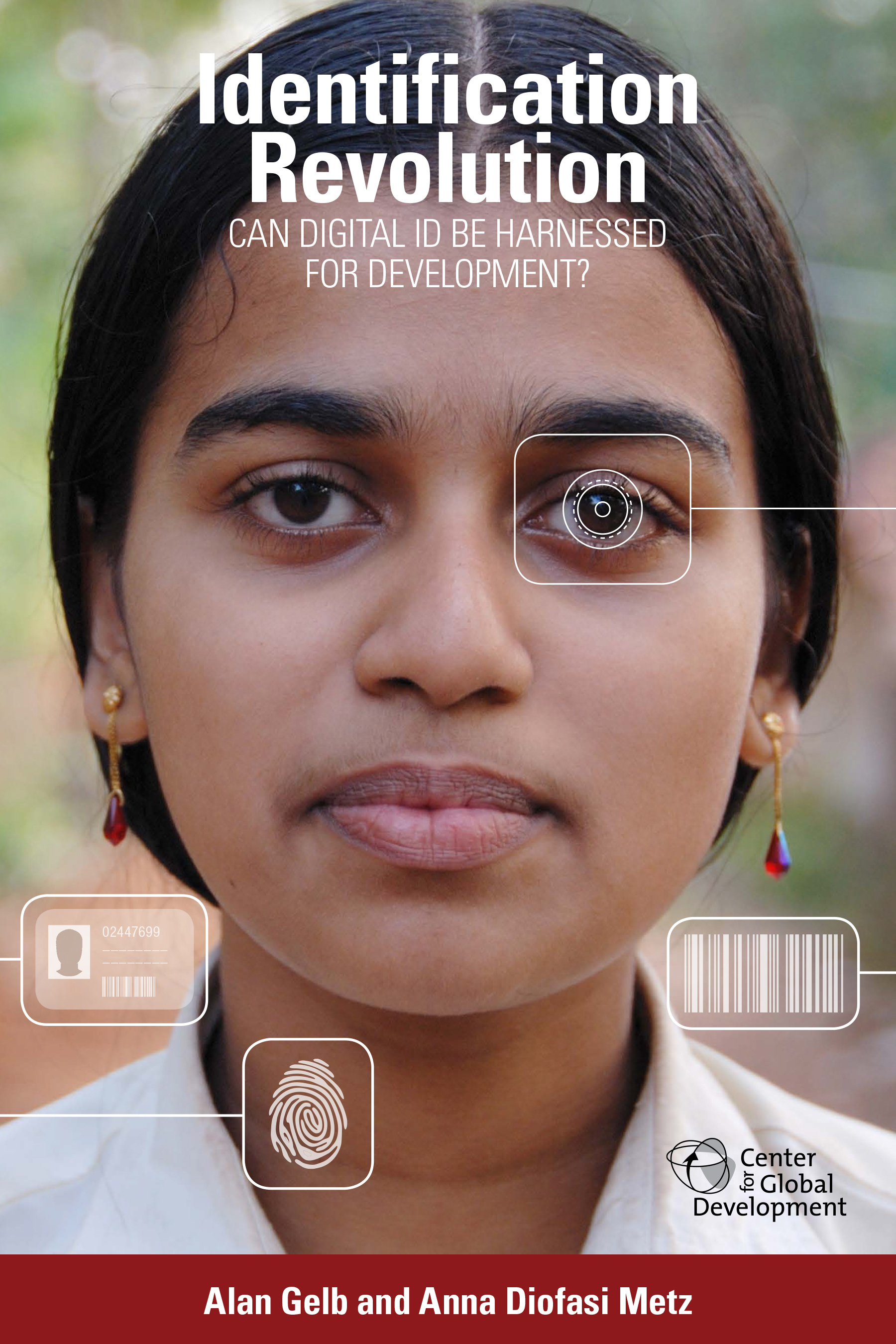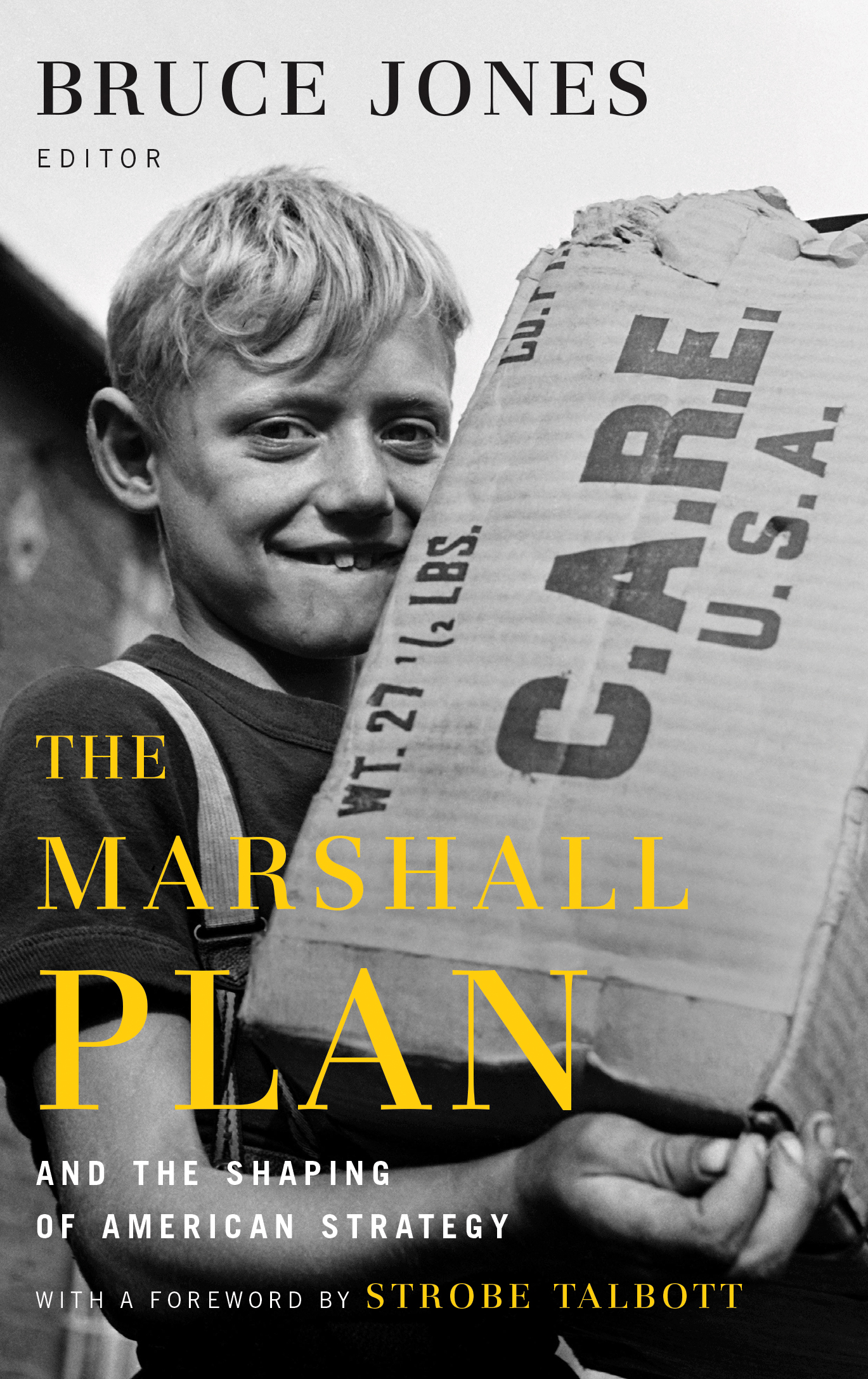As the United States approaches the fiscal deadline looming early next year, it is also time to assess the future – and “return on investment” – of American humanitarian assistance around the world.
There is a growing body of research to suggest that U.S. humanitarian aid to developing nations results in substantial benefits to the U.S. itself.
Beyond the self-evident worth of compassion toward those in need, global humanitarian assistance serves the self-interest of the U.S. and other donor countries by substantially improving public attitudes about the giving nation, justifying such help in an era of growing budgetary constraints and slow economic growth.
First, there is clear evidence that large-scale disaster assistance can dramatically move public attitudes, as found in surveys by Terror Free Tomorrow, a nonprofit research organization in Washington.
For instance, two-thirds of Indonesians favorably changed their opinion of the U.S. because of the generous American response to the tsunami in 2004. The highest percentage of that group was among those under age 30. Even 71 percent of self-identified Osama bin Laden supporters adopted a favorable view of the United States.
Second, more significant changes in public opinion can occur when American aid is targeted and focused on directly helping people in need and not foreign governments.
Moreover, as a direct result of the American effort, support for Al Qaeda and terrorist attacks dropped by half in Indonesia – the world’s largest Muslim country. Even two years later, 6 in 10 Indonesians continued to state that American humanitarian aid made them favorable to the United States.
The U.S. Navy ship Mercy is a fully equipped, 1,000-bed floating hospital, which while docking for several months in local ports in 2006, provided medical care to the people of Indonesia and Bangladesh. Nationwide polling in Bangladesh following the Mercy’s visit found that 87 percent of those surveyed said that the activities of the Mercy made their overall opinion of the US more positive.
In fact, Indonesians and Bangladeshis ranked additional visits by the Mercy as a higher priority for future American policy than resolving the Israeli-Palestinian conflict.
In light of the U.S. war in Afghanistan and the American armed drone strikes inside Pakistan, anti-American attitudes in that country are among the strongest in the world. Yet while the favorable impact of intense disaster assistance following the 2005 earthquake declined in subsequent years among Pakistanis throughout the country, U.S. assistance had a long-lasting effect on attitudes at the local level among those directly impacted by the aid.
A survey conducted four years after the earthquake found that Pakistanis living near the fault-line were significantly more likely to express trust in Americans and Europeans than those who were living farther away.
When it’s wisely conceived and delivered, humanitarian aid saves lives and often improves quality of life. It can also favorably change public opinion toward the U.S. and other donor countries. Data further indicate the tantalizing possibility that humanitarian aid can lead to far more significant changes in values, from increasing understanding across borders; lessening inter-tribal, religious, and regional conflict; and enhancing support for free markets, trade, and democracy.
In this time of limited government resources, the effectiveness of American foreign humanitarian help must be rigorously examined. Not only should measurable outcomes of the aid itself be looked at, but also whether the aid can lead to changes in values and trust. A full understanding of humanitarian aid can show that it helps all, donors and recipients alike.







